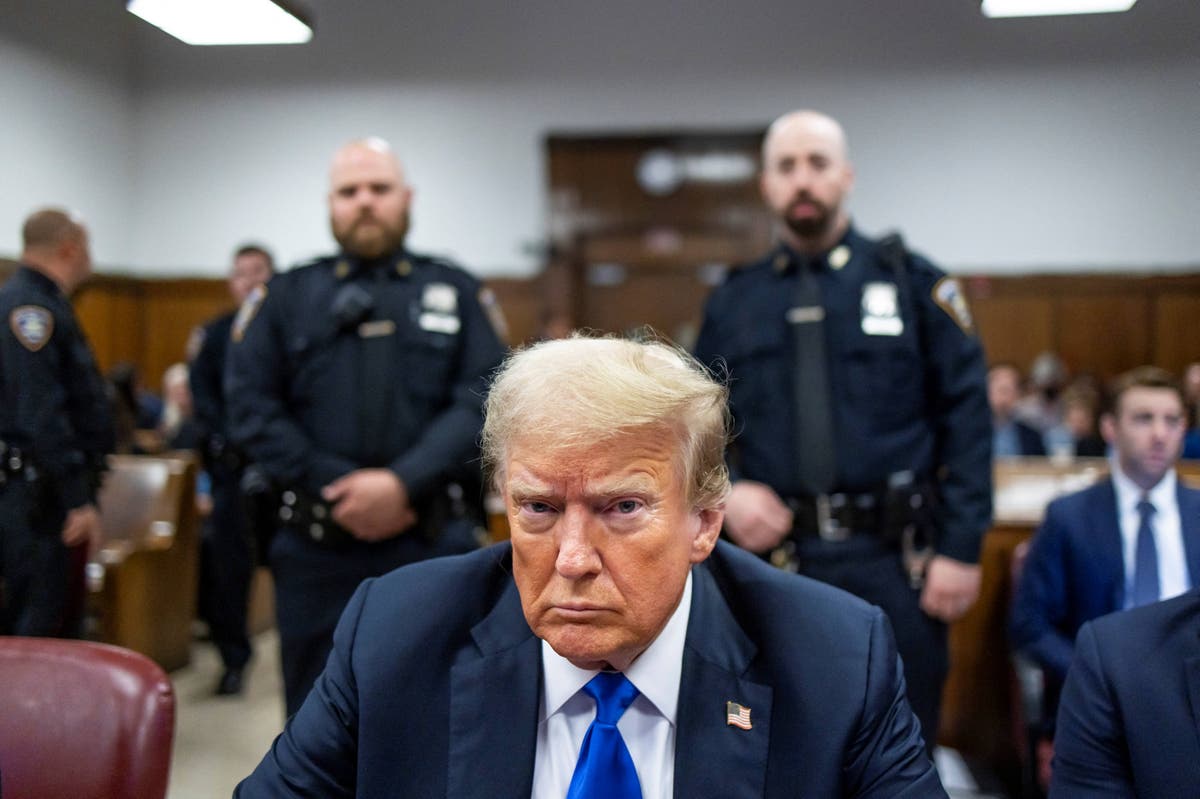Former US President Jimmy Carter's impact on Africa extends beyond his historic state visits. His dedication to the continent, driven by a commitment to human rights and public health, continues to resonate today.
Carter's initial engagement with Africa, a region experiencing significant political shifts and growing populations, contrasted sharply with previous US administrations' lack of involvement. His 1978 visit to Nigeria marked a significant shift, signaling a new era of US-African relations. Carter’s philosophy was shaped by his Baptist faith, a recognition of racial injustice in the US, and the pressing need for a more engaged US foreign policy, particularly in Africa.
His belief in a world where all people could manage their own affairs was clear in his interactions with African leaders. He prioritized understanding and cooperation, seeking amicable relations with both superpowers and European nations. This approach foreshadowed the complexities of global power dynamics in Africa today.
Carter’s personal investment in the continent extended beyond his presidency. His tireless efforts focused on human rights, notably during the transition periods in countries like Zimbabwe. This included mediating cease-fires and monitoring elections. Critically, his Carter Center played a pivotal role in the near-eradication of Guinea worm disease, a significant health triumph.
While initial relationships with some African leaders, such as Zimbabwean Prime Minister Robert Mugabe, eventually soured due to political conflicts, Carter's lasting influence remains significant. His efforts to advocate for human rights, including during South Africa's apartheid regime, and his unwavering commitment to public health earned him respect and admiration from many Africans.
His dedication to the continent's wellbeing, as exemplified by his passionate advocacy for the eradication of Guinea worm, serves as a powerful testament to his enduring legacy. The near elimination of the disease, with only 14 cases recorded in 2023 across a handful of African countries, stands as a crucial achievement. Carter's personal touch and unwavering belief in the potential of Africans to chart their own course continue to inspire, even as new global power dynamics resurface. These principles resonate deeply with current African leaders and citizens.







